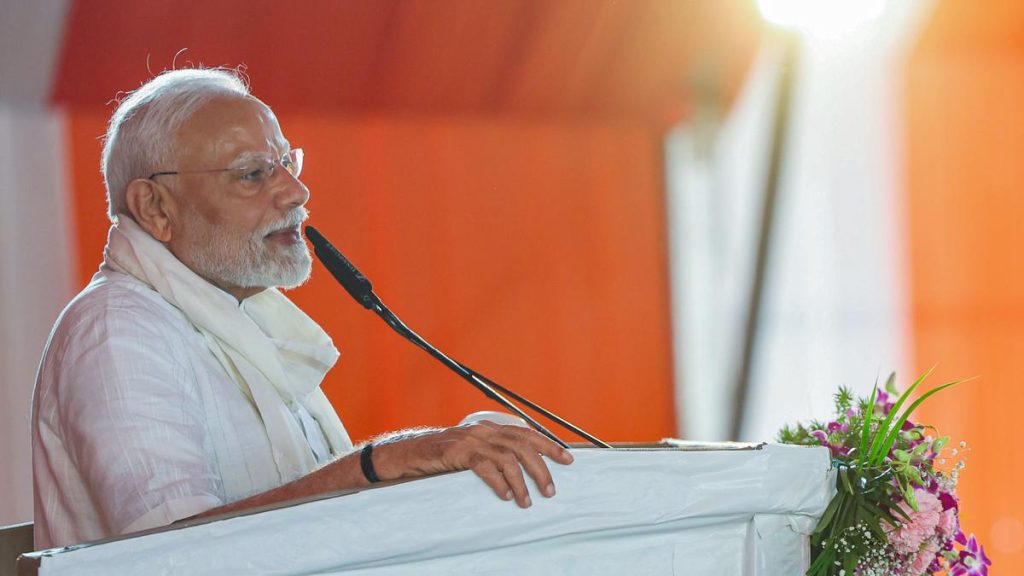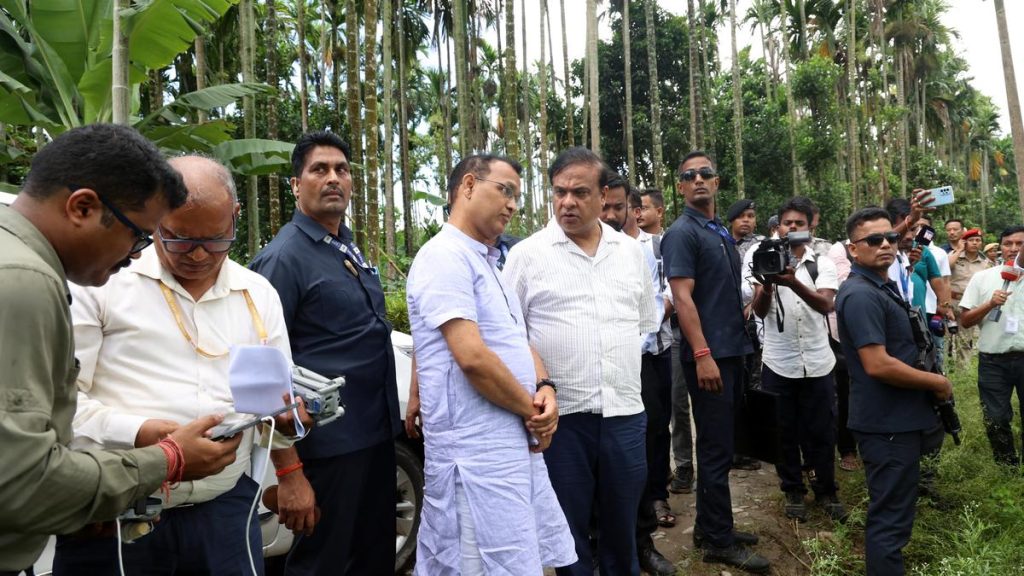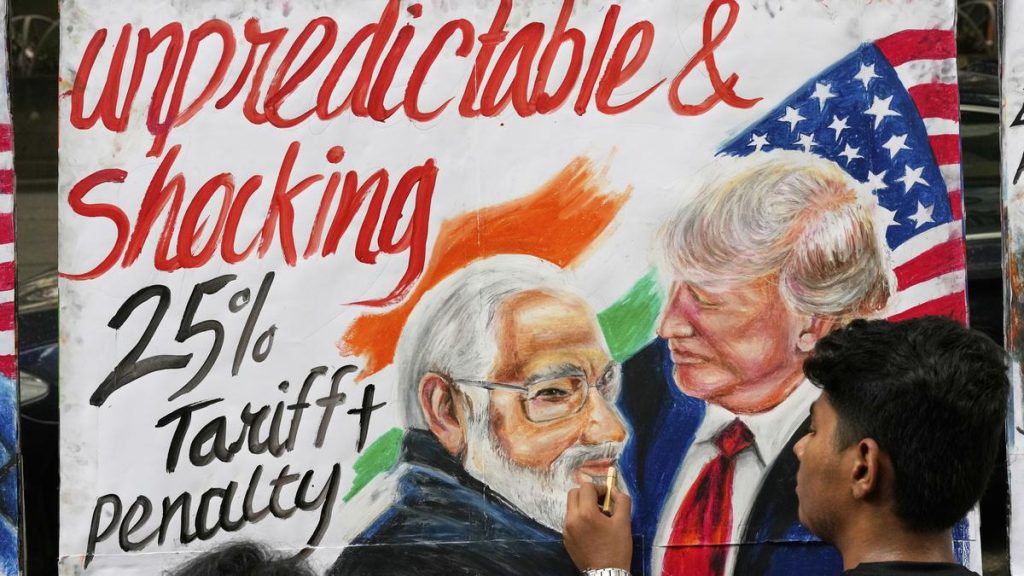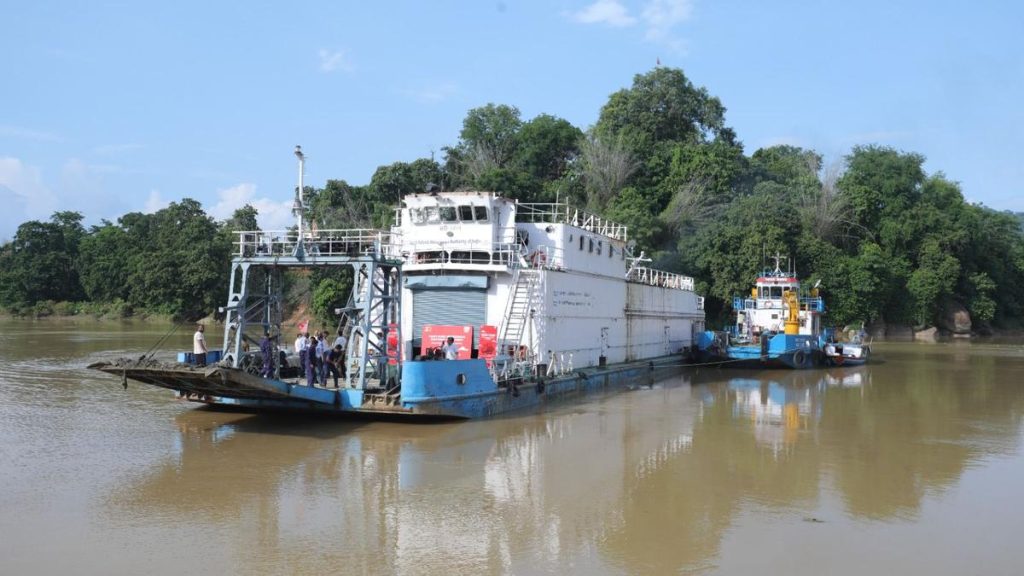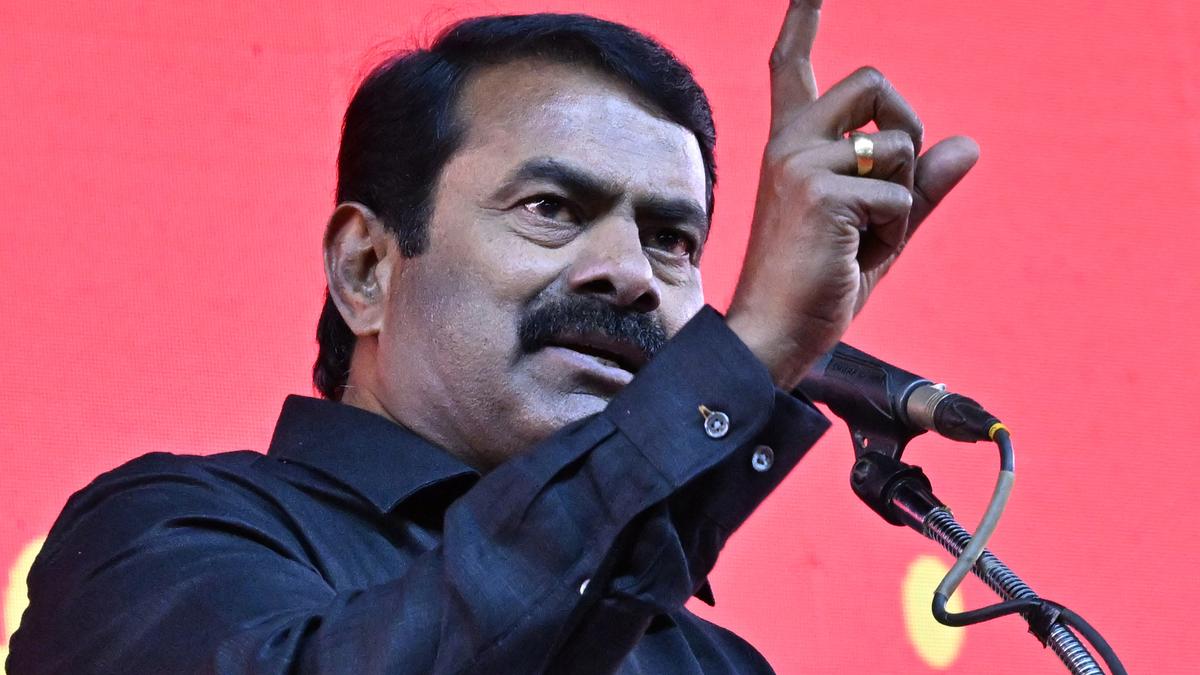Now Reading: CBCI Chief Archbishop Thazhath Calls for Action Against Vigilante Mob Violence
-
01
CBCI Chief Archbishop Thazhath Calls for Action Against Vigilante Mob Violence
CBCI Chief Archbishop Thazhath Calls for Action Against Vigilante Mob Violence

Swift Summary:
- Archbishop mar Andrews Thazhath of Thrissur, who is also the President of the Catholic Bishops’ Conference of India (CBCI), has condemned mob trials and violence by extremist groups.
- The statement comes after two Catholic nuns were arrested in Chhattisgarh on allegations related too human trafficking and religious conversion. They were later released on bail.
- The Archbishop claimed the accusations against the nuns were false,explaining that they had merely accompanied three adult Christian women to their workplace with parental consent.
- He described the arrest as a violation of religious freedom and called for systemic reforms to protect minority rights guaranteed under India’s Constitution.
- Strong action was demanded against extremist organizations engaging in unlawful activities like mob interrogations or moral policing in different parts of India.
- He noted that attacks on Christians and minorities have been steadily increasing over recent years across several states in the country.
- The Archbishop expressed gratitude toward individuals, political groups, and governments for their support in securing the release of the nuns.
Indian Opinion Analysis:
The repeated incidents targeting minority communities raise critical questions about India’s commitment to constitutional guarantees such as religious freedom and equality before law under Article 25 and Article 14 respectively. The case referred by Archbishop Mar Thazhath underscores broader concerns regarding unchecked actions by non-state actors like extremist groups operating outside legal frameworks in states with heightened communal sensitivities.
While expressions of gratitude for bipartisan efforts signify cooperation at higher levels, addressing systemic challenges requires deliberate institutional reforms ensuring swift action against discriminatory practices nationwide-not only reactive measures post-incidents but proactive policies preventing escalation.
Continued tensions around issues affecting minorities may have long-term socio-political ramifications if left unresolved, risking deeper communal divides or weakening trust among diverse cultural constituencies central to India’s pluralistic identity.
Read more: Link


